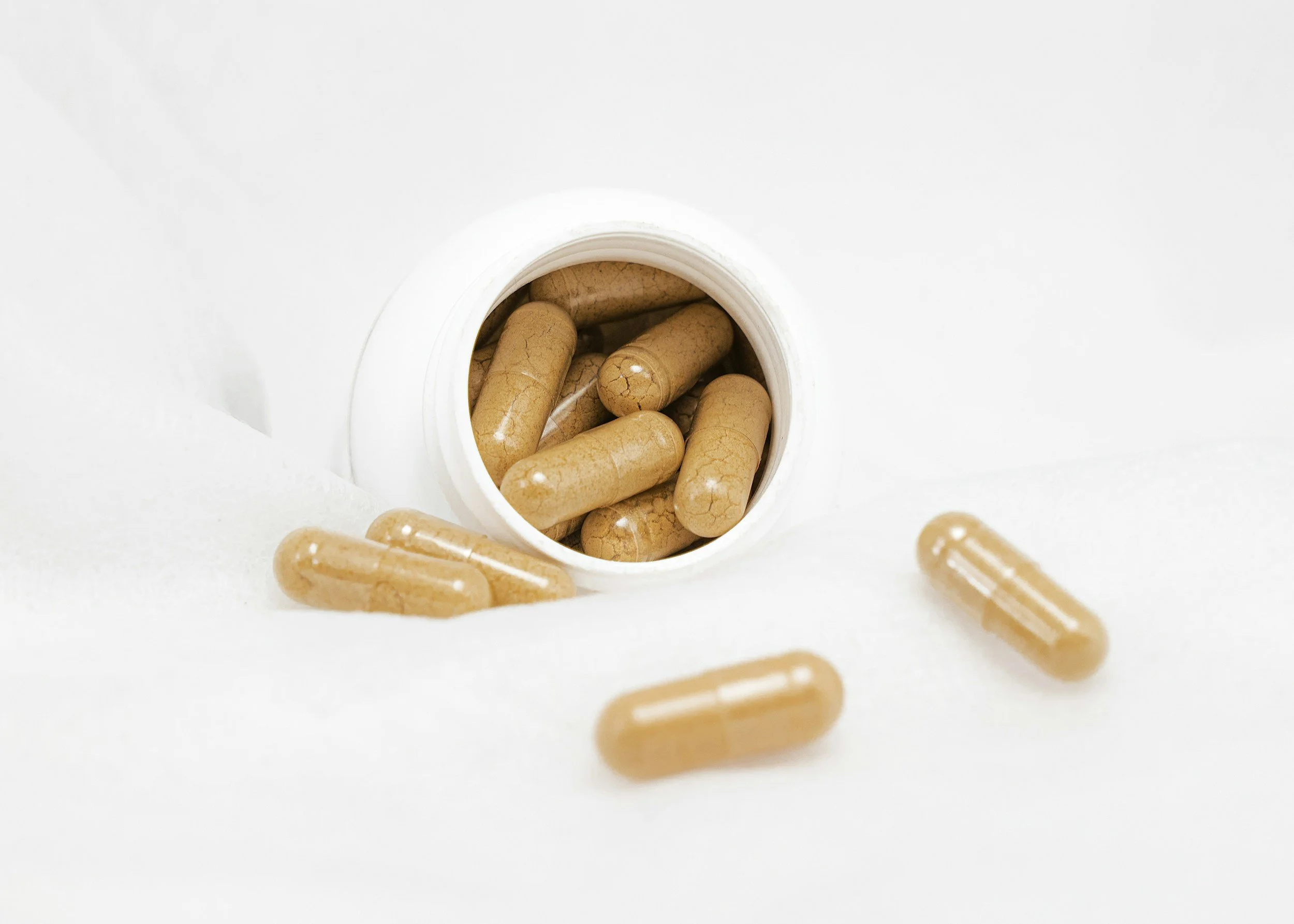Oral Nicotinamide: A New Tool in Preventing Non-Melanoma Skin Cancer
Non-melanoma skin cancer is the most common form of cancer in Australia, making up the majority of diagnosed cases. Basal cell carcinoma (BCC) and squamous cell carcinoma (SCC) are the main types, both largely caused by years of cumulative sun exposure. While these cancers are usually not life-threatening, they can lead to scarring, surgery, and significant treatment costs. For anyone who has already had one or more skin cancers removed, preventing further lesions is a major priority.
One promising option that’s gaining attention is oral nicotinamide, a simple, affordable form of vitamin B3. Research suggests this vitamin may help reduce the risk of new non-melanoma skin cancers forming – offering a new layer of protection alongside regular skin cancer checks and sun safety habits.
What Is Nicotinamide and How Does It Work?
Nicotinamide (also known as niacinamide or vitamin B3) is an essential nutrient that helps your cells produce energy and repair damaged DNA. Unlike niacin, it doesn’t cause flushing or irritation.
When your skin is exposed to UV radiation, it uses up molecules called NAD+, which are vital for repairing DNA and keeping the skin’s immune defences strong. Nicotinamide helps replenish these molecules, boosting your skin’s ability to heal sun damage and reduce inflammation. Think of it as restoring your skin’s resilience at a cellular level – helping to prevent precancerous lesions such as actinic keratoses, which can progress to squamous cell carcinoma.
What the Research Shows
The most significant research so far is the ONTRAC trial, which studied 386 adults who had experienced at least two non-melanoma skin cancers in the past five years. Participants took either 500 mg of nicotinamide twice daily or a placebo for 12 months.
The results were impressive: those taking nicotinamide had 23% fewer new skin cancers overall, including a 30% reduction in SCCs and a 20% reduction in BCCs. Actinic keratoses also fell by 11% after three months and by 15% after a year. Interestingly, these benefits disappeared once the supplement was stopped, indicating that consistent use is key.
Smaller studies have echoed these findings, showing a clear reduction in precancerous spots and improved protection against the immune-suppressing effects of UV light.
While the evidence is strong for the general population, one study in organ transplant recipients (who have a much higher skin cancer risk due to their medications) did not show the same benefit. That trial was smaller and ended early, so further research is needed for that group.
How Safe Is Nicotinamide?
At the doses used in these studies, nicotinamide appears very safe. Side effects are rare and mild, with occasional reports of stomach upset or headaches. There were no significant changes in blood pressure, blood results, or other health markers.
It’s also inexpensive and easily accessible without a prescription. However, it’s always best to speak with your doctor before starting any new supplement, particularly if you’re on medication, have other health conditions, or are pregnant or breastfeeding.
What Nicotinamide Can and Can’t Do
It’s important to remember that nicotinamide isn’t a replacement for sun protection or regular skin cancer checks. It won’t stop you from getting sunburned, nor should it take the place of sunscreen, protective clothing, or shade. Instead, it should be seen as an adjunct to good skin health habits – especially for people who have had multiple non-melanoma skin cancers or ongoing precancerous changes.
At Shade Skin Cancer Medicine, we take a holistic approach to prevention, combining mole checks, photodynamic therapy (PDT therapy) for sun-damaged skin, and tailored management plans for those at higher risk. Nicotinamide may be another helpful tool in that toolkit.
The Bottom Line
Oral nicotinamide offers an encouraging, evidence-based way to help reduce the risk of new non-melanoma skin cancers. For those who have already faced BCC or SCC, this simple daily supplement could make a meaningful difference – provided it’s taken alongside consistent sun protection and regular full-body skin checks.
While it’s not suitable for everyone, and more research will refine how best to use it, the evidence so far is promising. Speak to your GP or skin specialist to discuss whether nicotinamide could be a good addition to your personal skin cancer prevention plan.
Written by Dr Emily Alfonsi
MBBS, FRACGP, DRANZCOG
Medical Director, Shade Skin
Dr Emily is a skin cancer doctor with advanced training in diagnosis and treatment. She has personally detected and treated hundreds of skin cancers and is passionate about early intervention and patient education.

